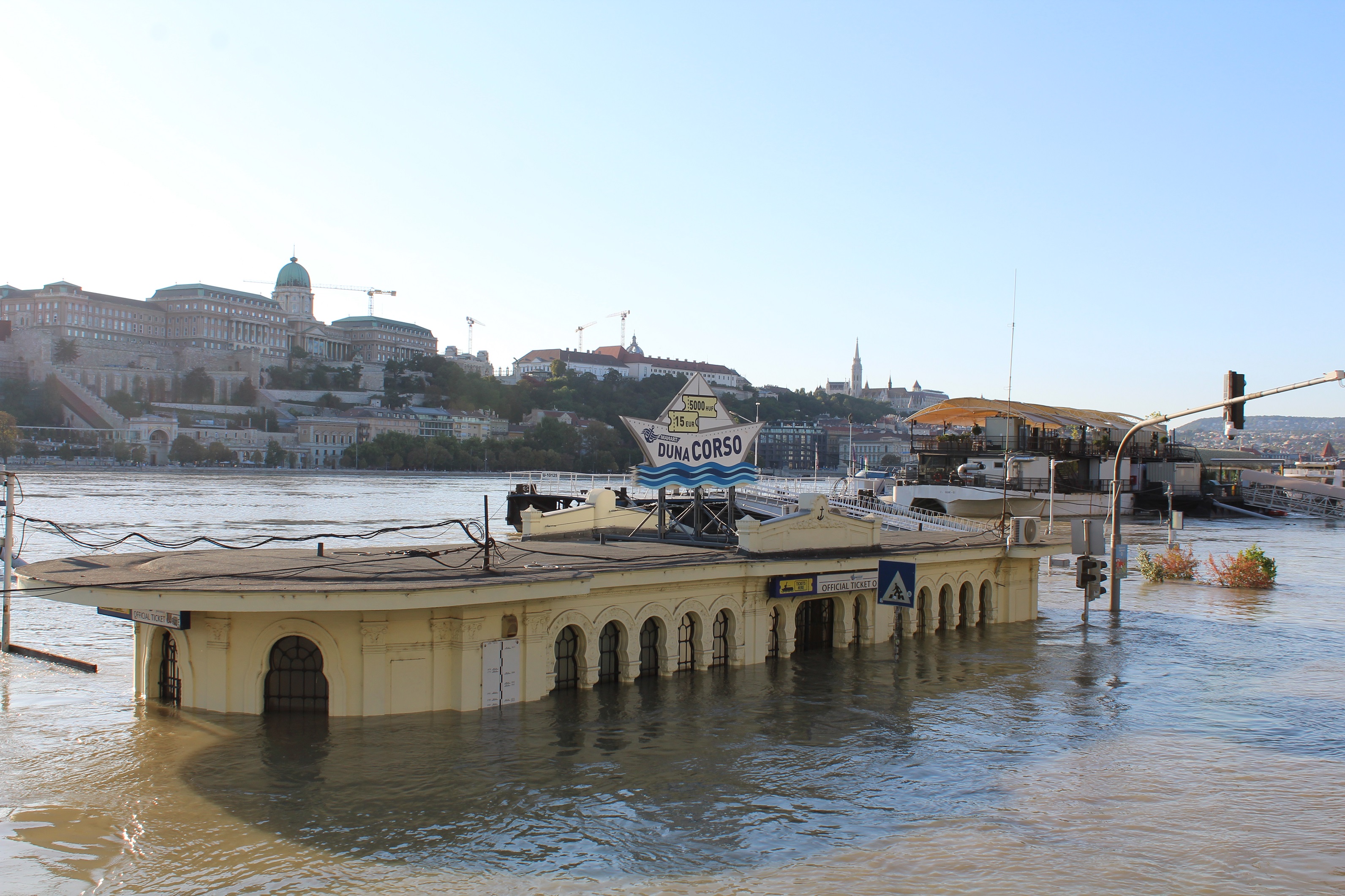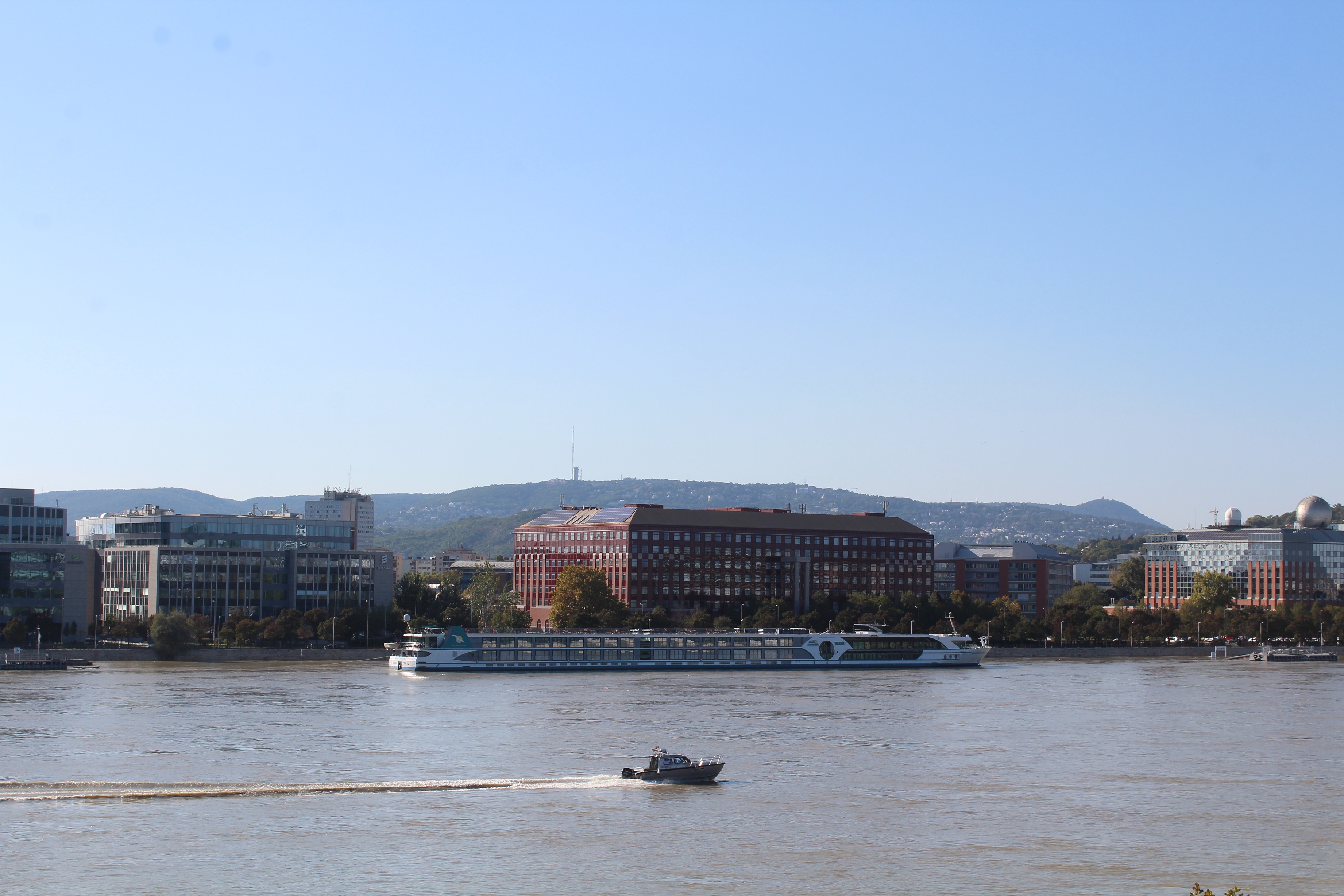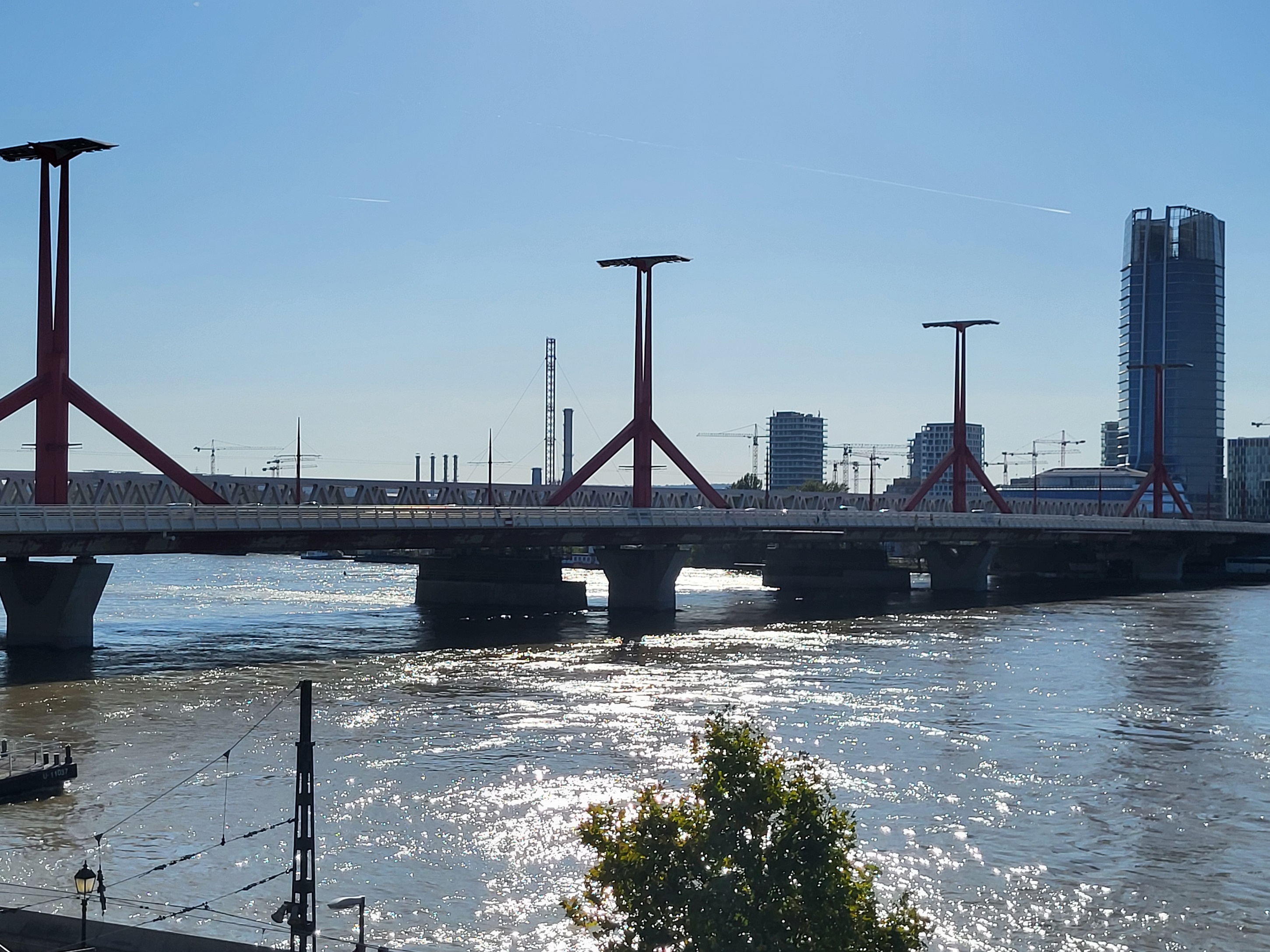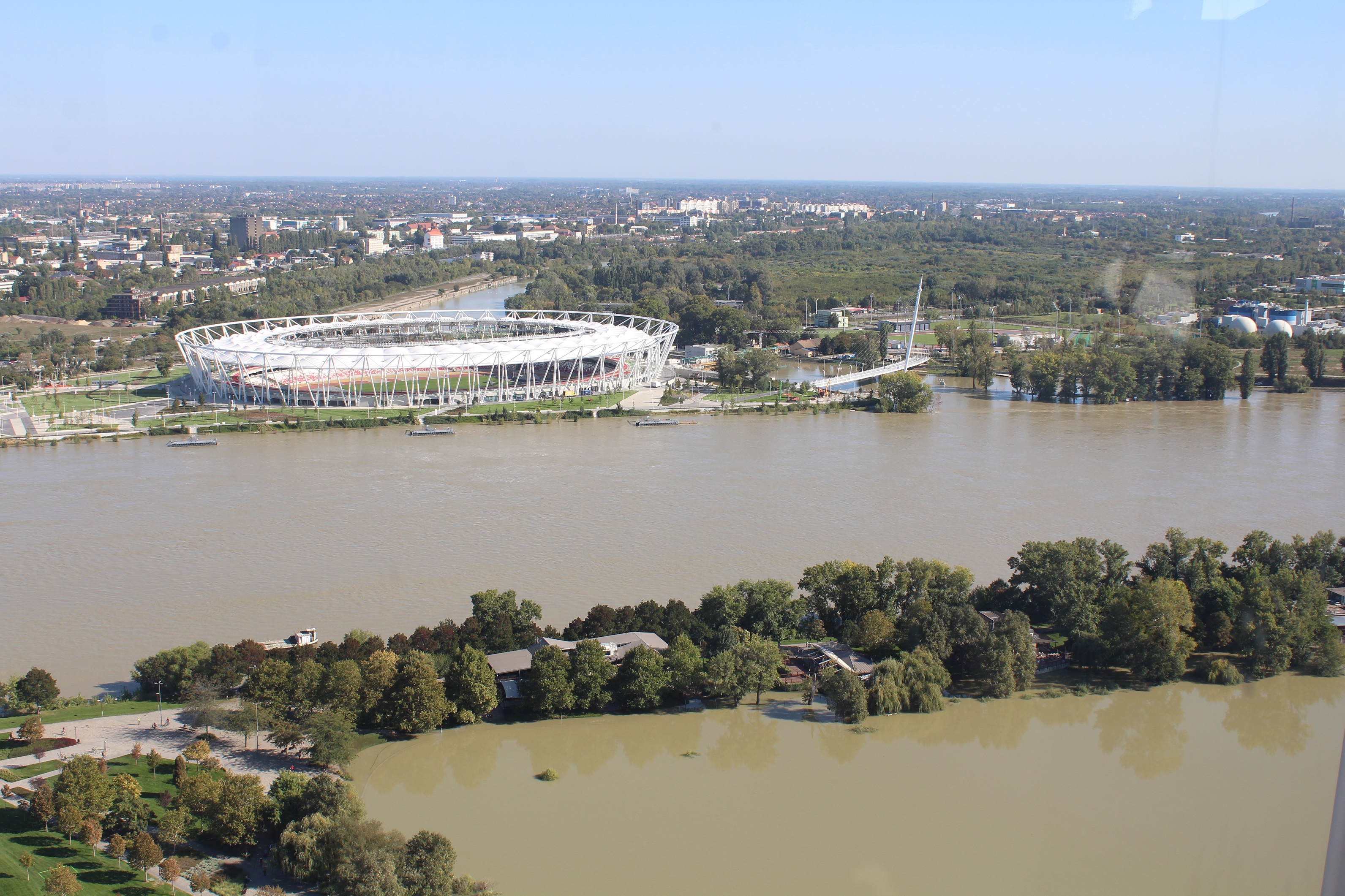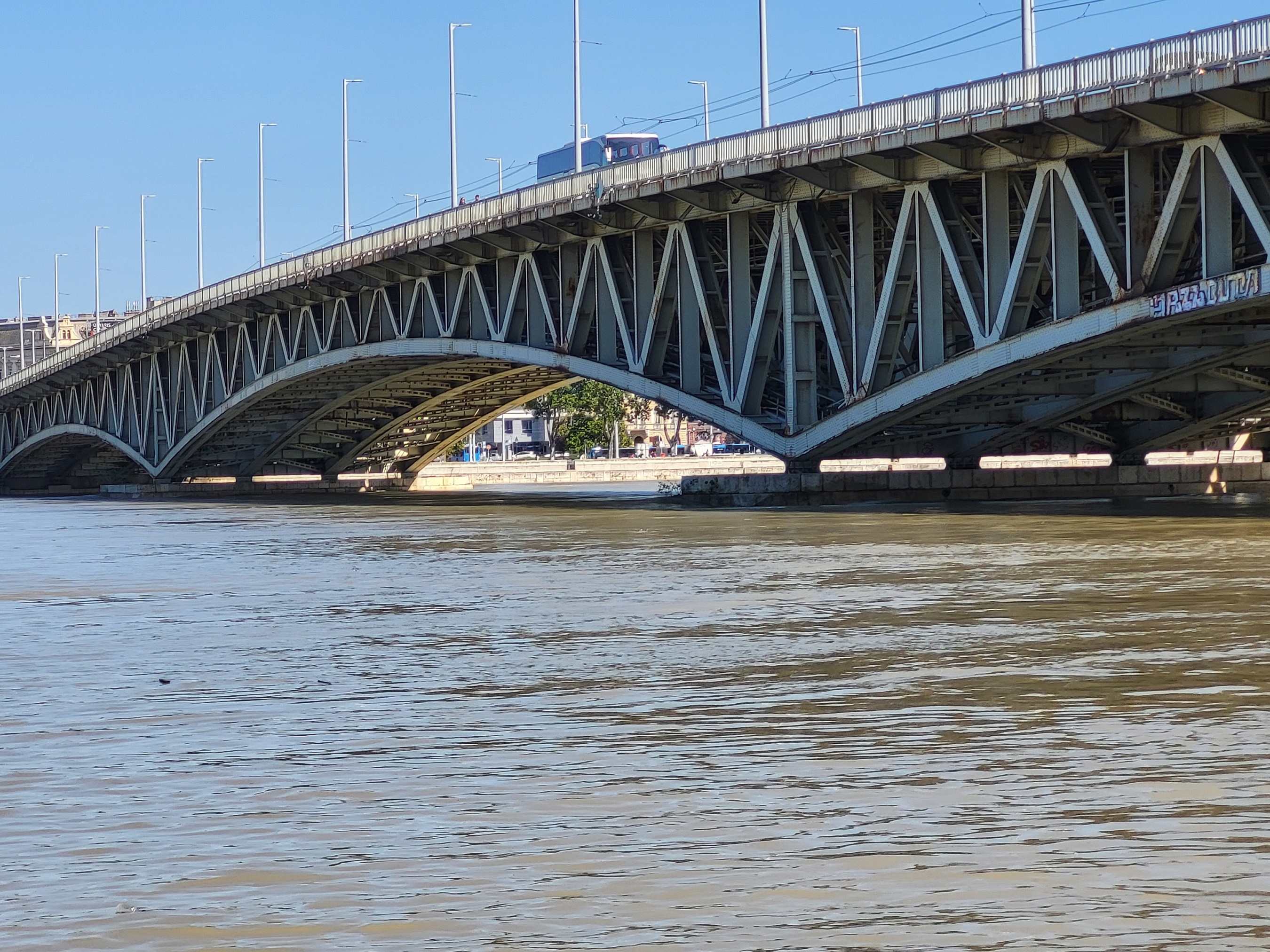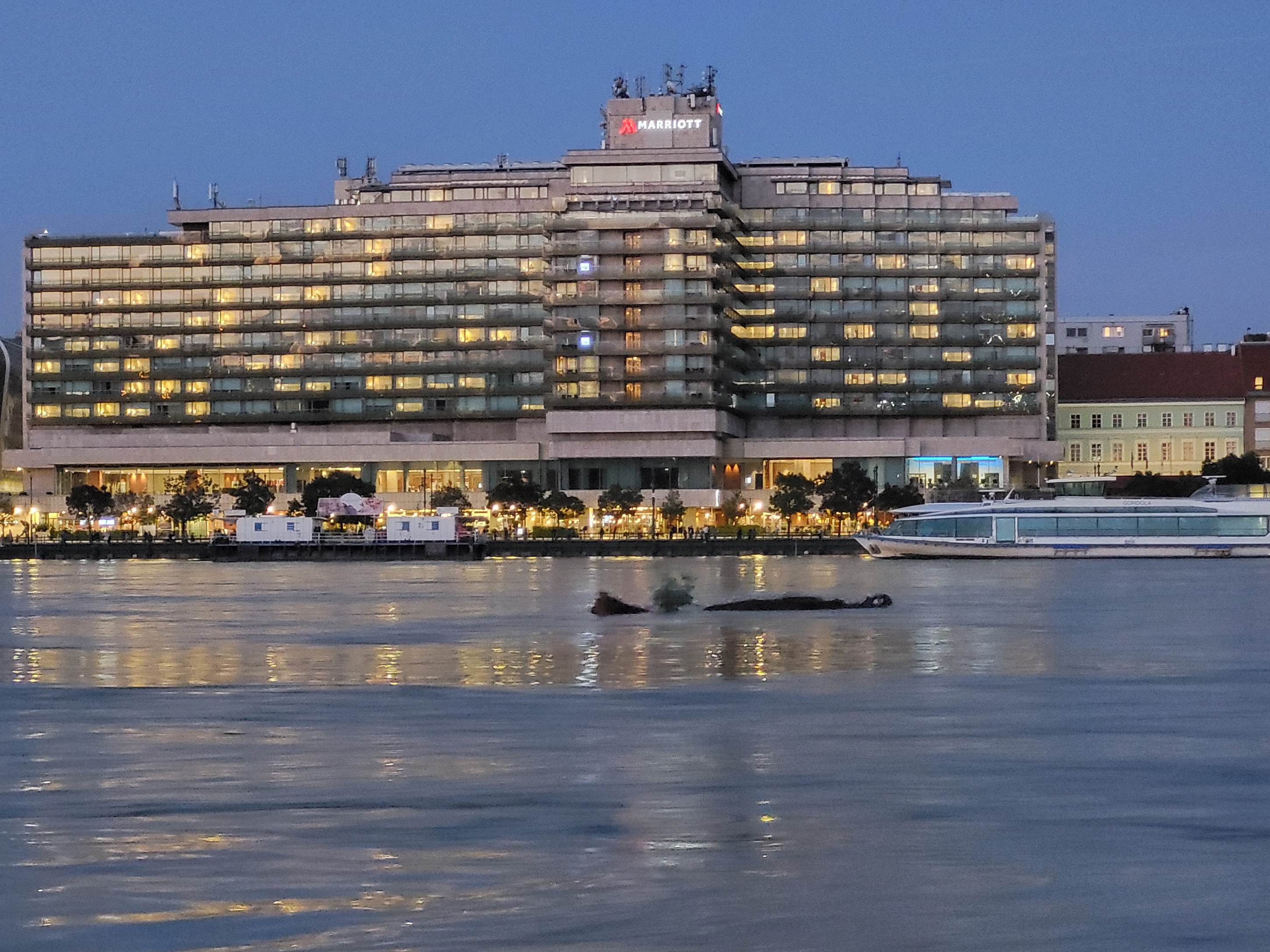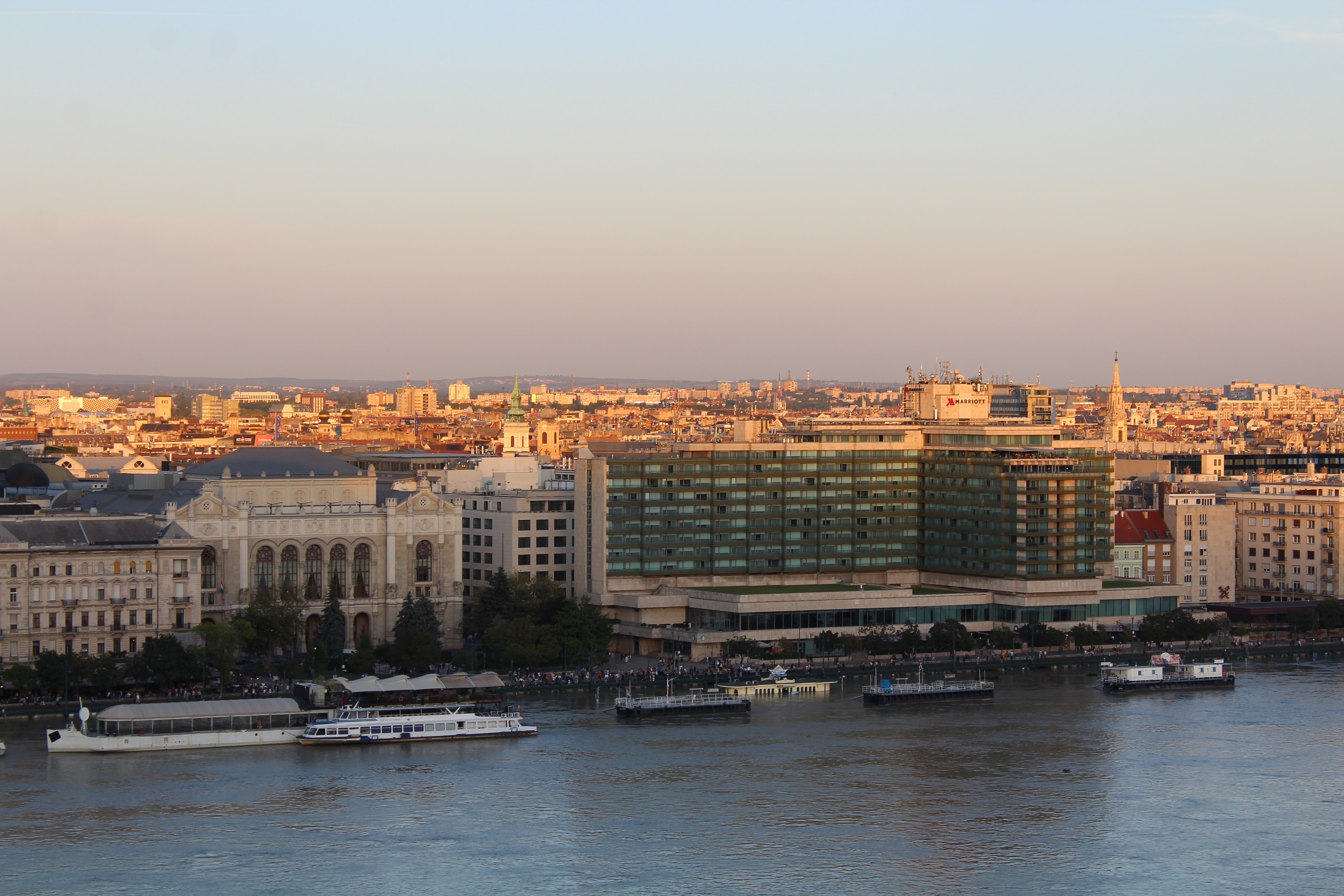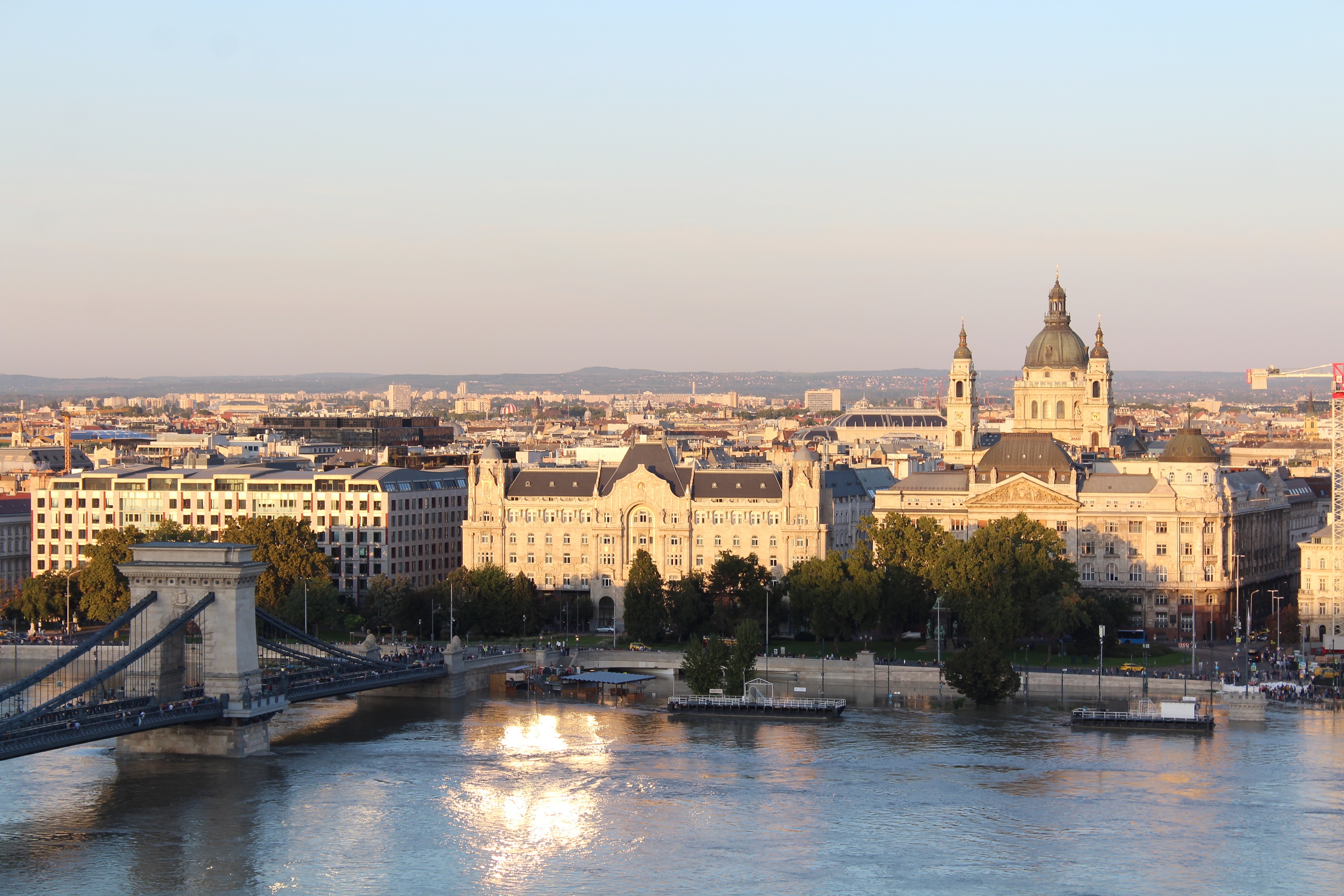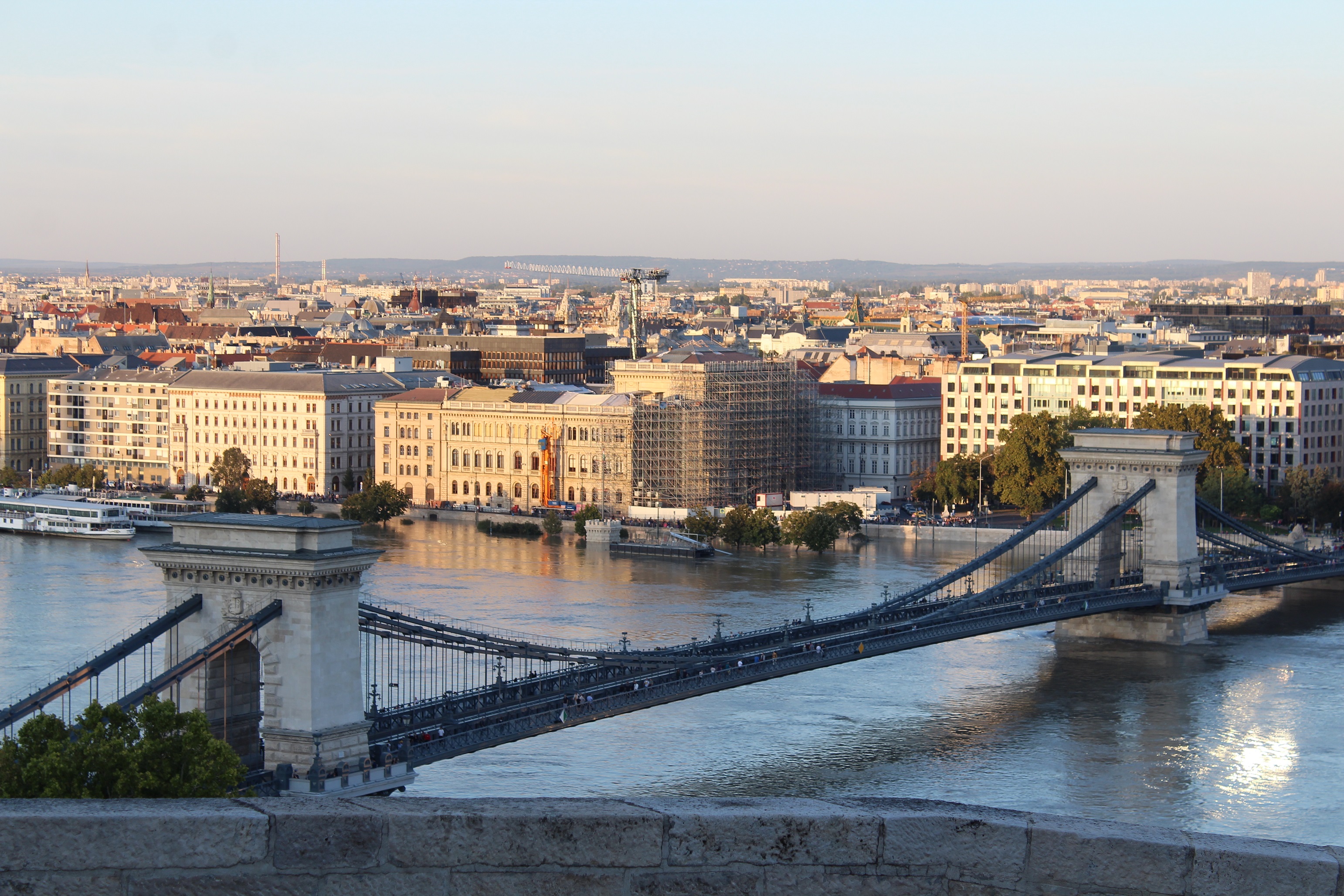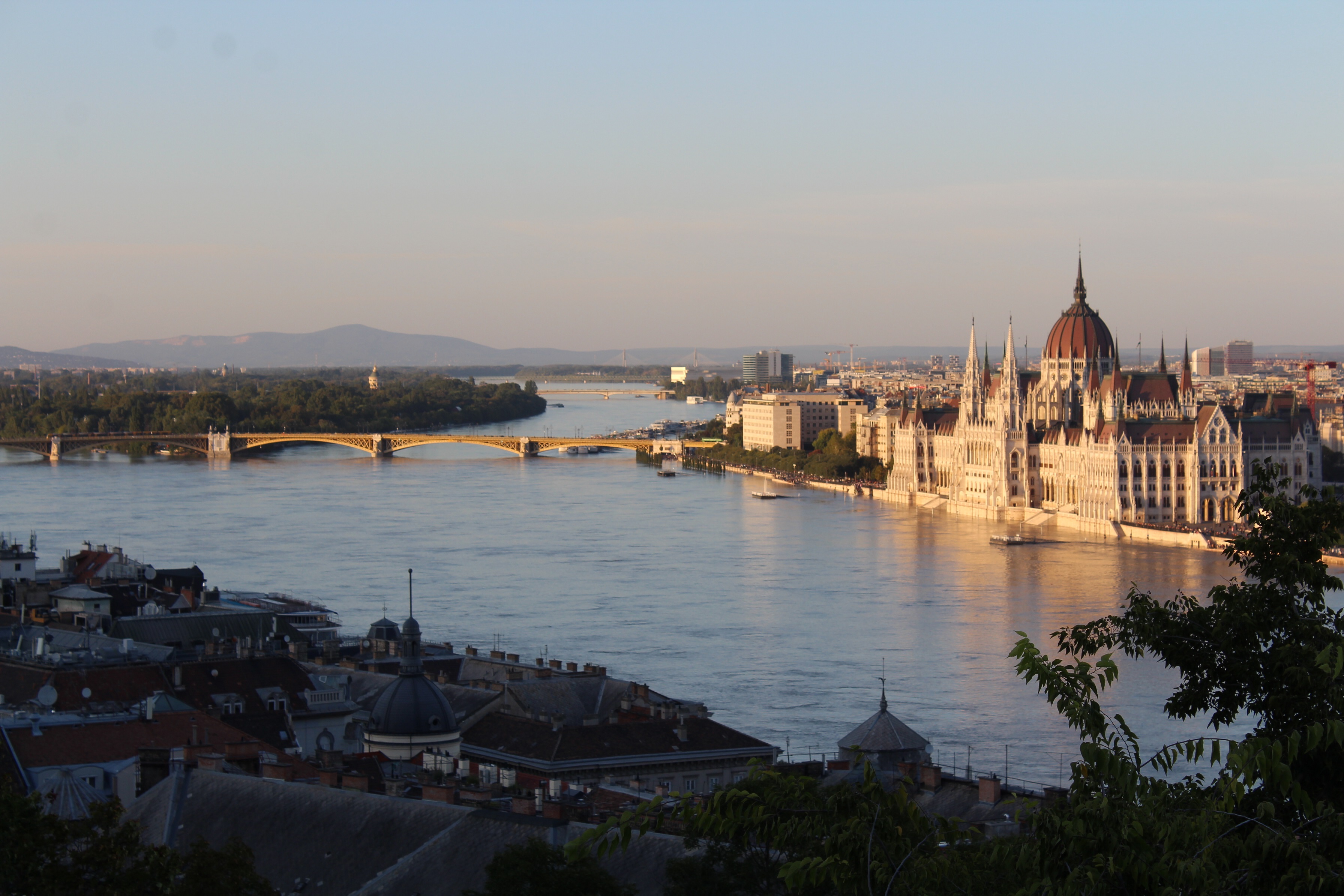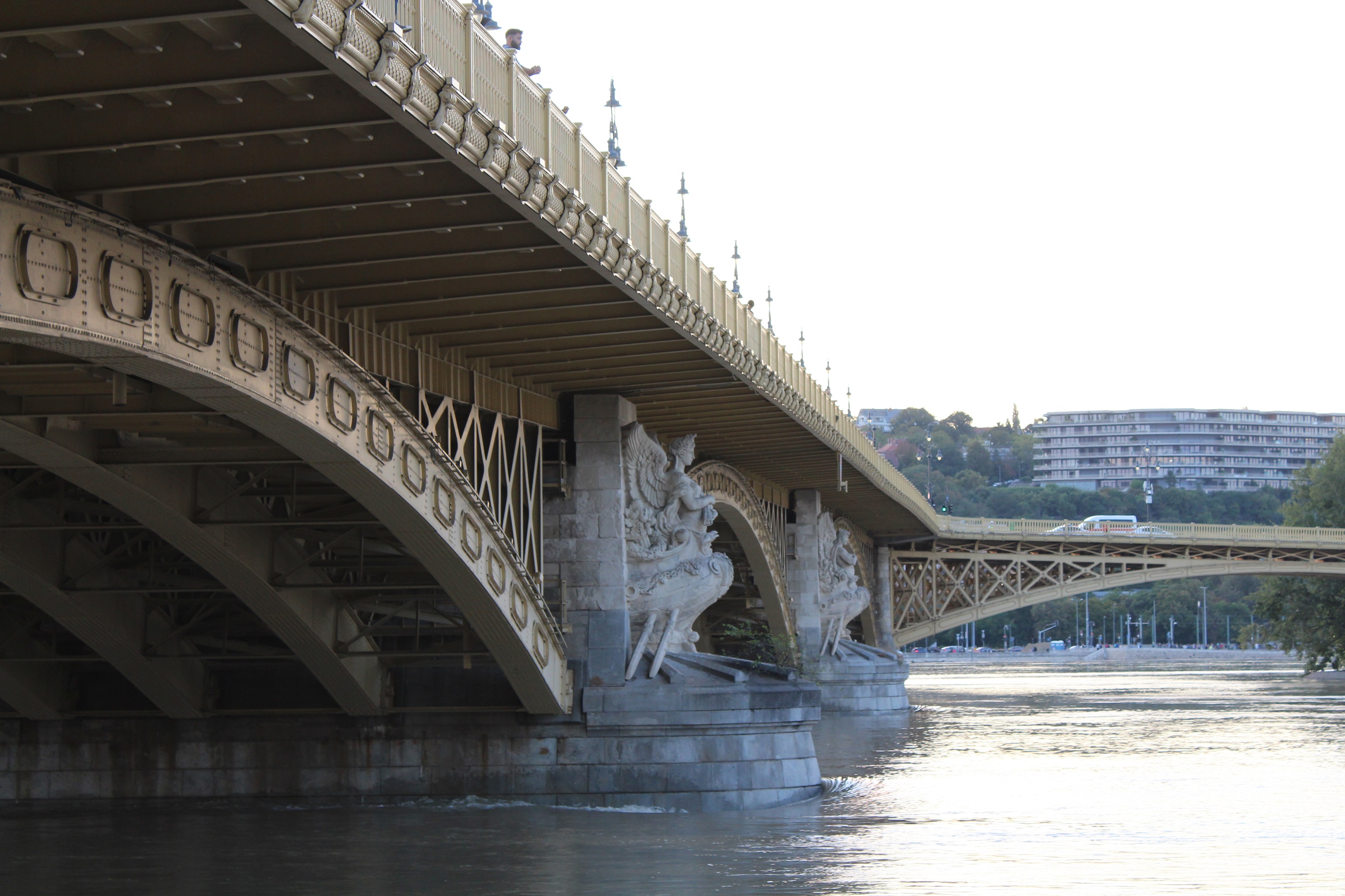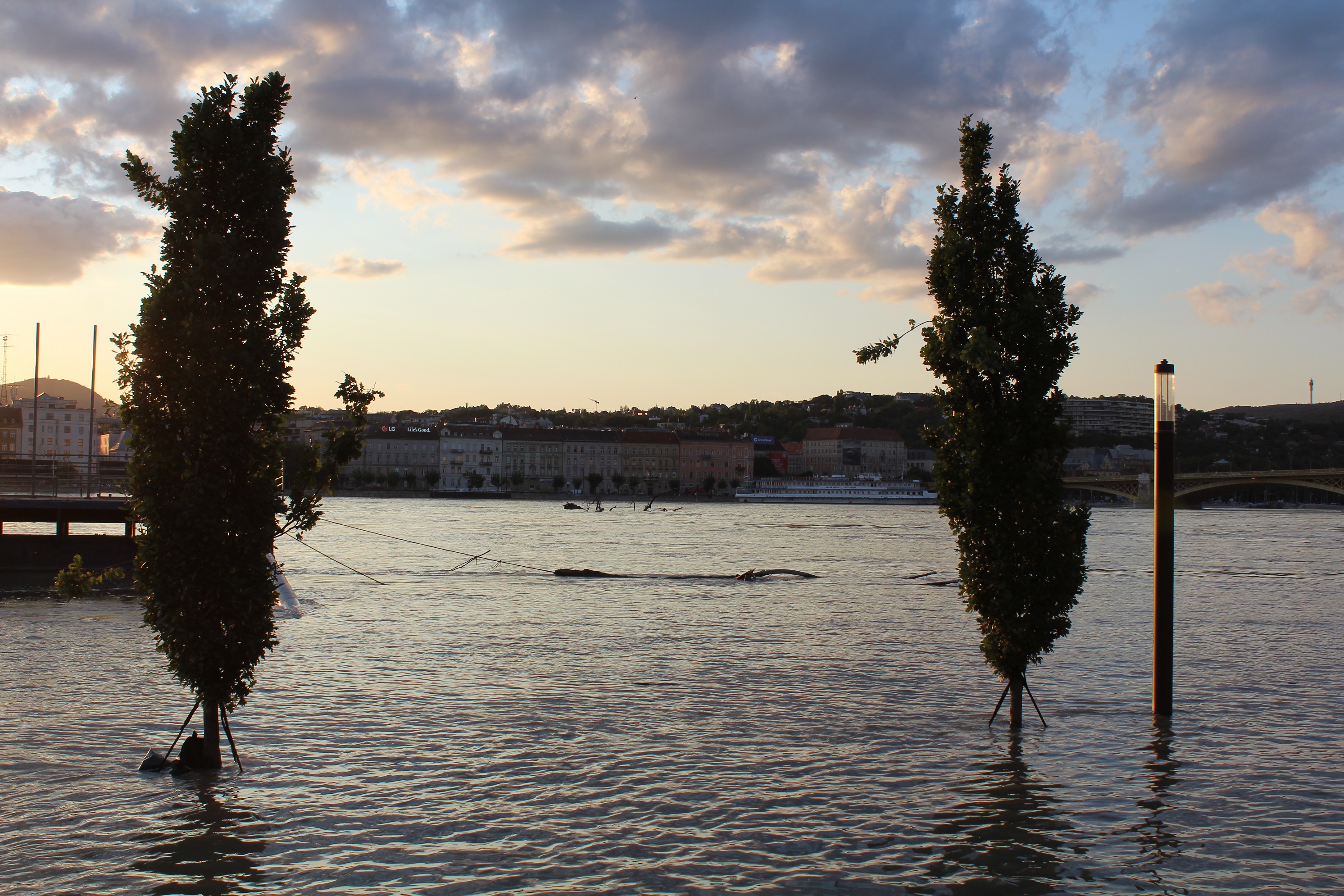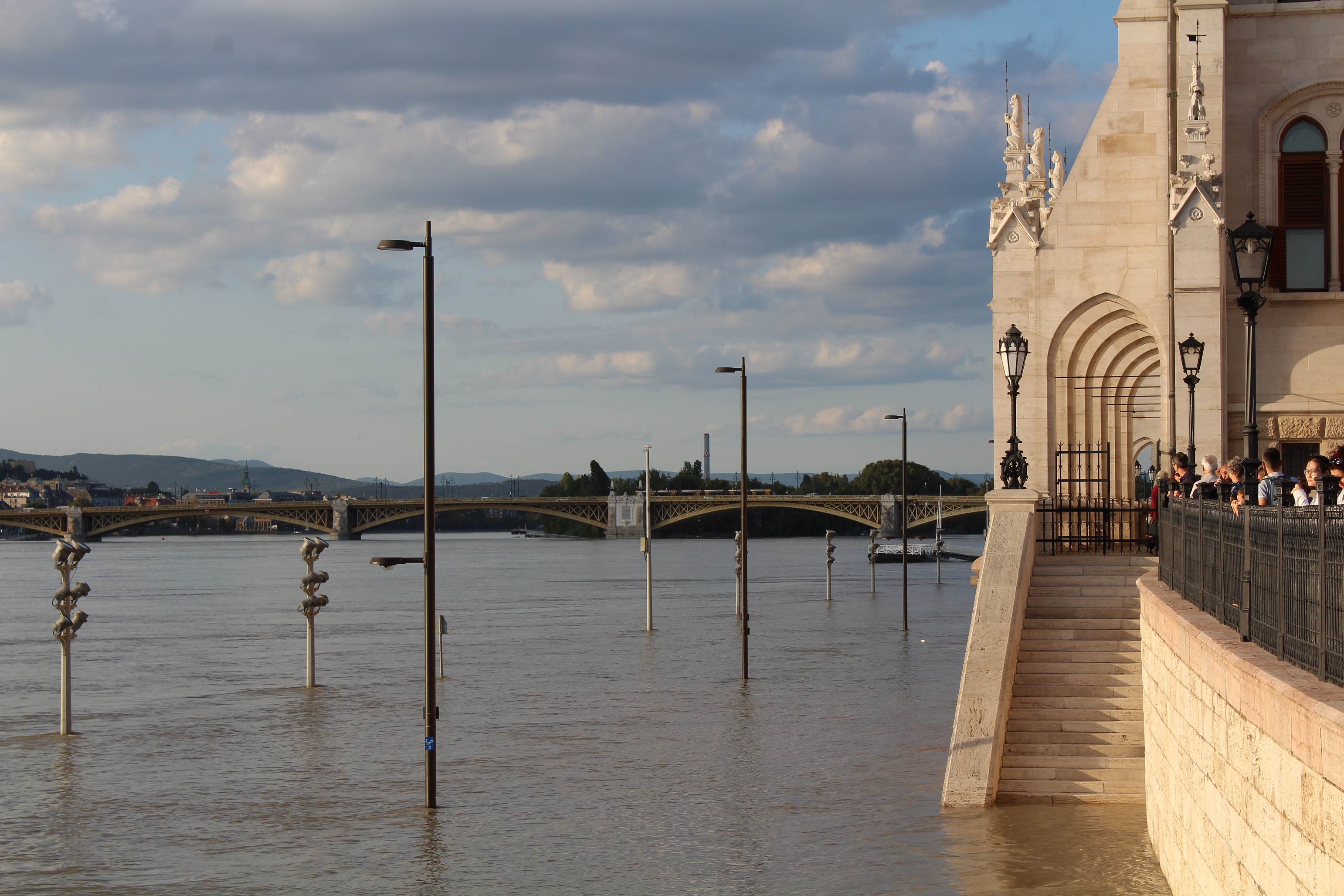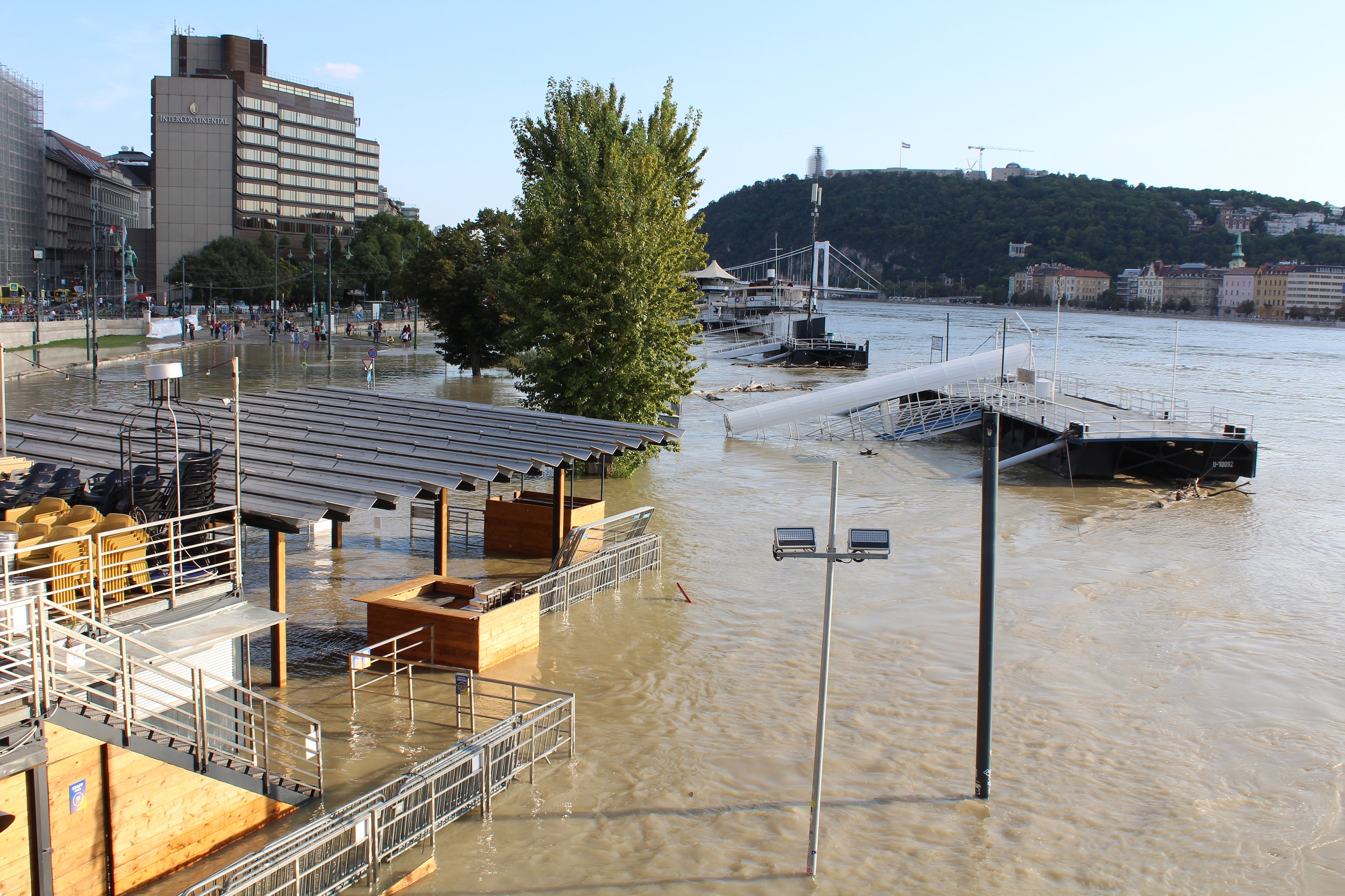.
Europe
Hungary
18.09.2024 The Hungarian government today said that the pager devices that exploded in Lebanon "have never been in Hungary." The remarks came from government spokesperson Kovács. "Authorities have confirmed that the company in question is a trading intermediary, with no manufacturing or operational site in Hungary," Kovács said. “It has one manager registered at its declared address, and the referenced devices have never been in Hungary," he said. "During further investigations, Hungarian national security services are cooperating with all relevant international partner agencies and organizations," he added. Kovács said that the case poses no national security risk to Hungary. (Source: aa *)
* Anadolu Agency (Turkey)
September 18, 2024 10:27 pm CET Hungary 'piggybacks' on Dutch EU migration opt-out request. Hungarian minister for EU Affairs Bóka, Writing on X, said: “Drastic action is needed to stem illegal migration, the Hungarian government will join the Netherlands in asking for an opt-out from EU asylum and migration rules, if a Treaty amendment allows it.” It is another sign of fracturing EU consensus around immigration. The new Dutch government last week announced it was aiming to implement the “strictest asylum policy ever,” and submitted a request for an opt-out on some EU migration policies today. Changes to EU treaties are a long and complicated process requiring unanimity of all member countries. The Commission said today that it does not expect to embark on such a change any time soon. While Germany, responding to anti-immigrant sentiment, last week instituted checks at its borders, Hungary hasn’t announced plans to do so. It remains “a committed member of the Schengen area,” Bóka said. (Source: politico)
by Stanley-Smith
Germany
(September 18, 2024) Scholz’s decision to deploy border patrols to all of Germany’s frontiers this week in response to a knife attack in the town of Solingen by a Syrian asylum-seeker on Aug. 27 - as well as the CDU’s strident calls to put the measure in place - symbolized how both parties are still in thrall to flawed policy responses toward migration that have repeatedly ended in failure over the past 30 years. The move by the SPD-led coalition government - which includes the market-friendly Free Democratic Party, or FDP, and the left-leaning Greens - expanded already existing patrols that run contrary to the spirit and possibly the letter of treaties such as the Schengen Agreement, which were designed to remove barriers to the movement of goods and people between European Union member states. These checks are simply the latest iteration in a long line of security measures that German governments have introduced over the past three decades in response to frustration among some voters over migration, as well as anxiety over electoral gains by the populist 'far right'. (Source: worldpoliticsreview *)
* a quarterly journal (U.S.)
European Commission
(Thursday, 18.9.2024 21:00) The EU Commission says that it planned to withhold €200 million ($222 million) in funds earmarked for Hungary after Budapest 'failed' to pay a fine for violating asylum rules. It said that Budapest had 'failed' to pay an equivalent fine for violating international asylum rules. In December 2020, the European Court of Justice found that Hungary had not allowed asylum-seekers to leave detention while their cases were being considered. The ruling said that Hungary also did not offer special protections for children and other vulnerable people. In March, the ECJ said it would investigate an EU Comission decision to unfreeze funds that had been withheld from Hungary over alleged rule of law breaches. In June, the ECJ fined Hungary for failing to comply with a 2020 ruling on upholding international procedures for asylum-seekers. The court said in June that Budapest has continued to restrict migrants' ability to request asylum and has not upheld their right to stay while their cases are processed. A deadline to settle the penalty expired on Tuesday. Since the 2015 refugee crisis Budapest has frequently but heads with the EU over the rule of law and the war in Ukraine. (Source: dw / AFP, dpa, AP)
European Parliament
September 18, 2024 On 8th July, Orbán's government extended the Hungarian "National Card" scheme to new nationalities, including Russian and Belarus citizens. The scheme allows Hungarian authorities to invite an unlimited number of guest workers in all sectors. The Card, valid for two years, can be extended multiple times and enables family reunification for any holder. The guest workers will have access to all the Schengen countries without a thorough security check. In today's plenary debate in Strasbourg, initiated at the request of Renew Europe, on the Hungarian government's decision to extend the "National Card" scheme to Russian and Belarus citizens, Renew Europe's MEPs will raise 'the serious security risk it will cause for the whole EU'. "Orbán's 'National Card' scheme risks 'temporary suspension of Hungary's Schengen status.' (Source: reneweuropegroup)
Russia
September 18, 20247:54 PM GMT+2 Ukrainian drone attack triggered earthquake-sized blast in the area of Toropets, a 1,000-year-old town, with a population of just over 11,000, at arsenal storing missiles, guided bombs and artillery ammunition in Russia's Tver region in the early hours today, forcing the evacuation of the nearby town about 380 km west of Moscow. Russian state media have in the past reported that a major arsenal for conventional weapons was located at the site of the blasts. According to an RIA state news agency report from 2018, Russia was building an arsenal for the storage of missiles, ammunition and explosives in Toropets. Bulgakov, then a deputy defence minister, told RIA in 2018 that the facility could defend weapons from missiles and even a small nuclear attack. Bulgakov was arrested earlier this year on corruption charges, which he denies. NASA satellites picked up intense heat sources emanating from an area of about 14 square kilometres at the site. The size of the main blast shown in the unverified social media video was consistent with 200-240 tons of high explosives detonating, said Herbert of the Middlebury Institute of International Studies at Monterey in California. Russia reported that its air defence units had destroyed 54 drones launched against five Russian regions overnight, without mentioning Tver. Rudenya, governor of the Tver region said the situation in Toropets was stable as of midday local time (0900 GMT) and that evacuated residents could return. The fire had been put out and there were no recorded fatalities, he said. President Zelenskiy thanked the SBU state security service, the HUR intelligence service and the Special Operations Forces. Russia and Ukraine each reported dozens of enemy drone attacks on their territory overnight, with Russian forces advancing in eastern Ukraine. (Source: reuters)
Asia
Israel
September 18, 2024 5:43 PM GMT+2 The mass pager attack against Hezbollah in Lebanon has turned the spotlight on Israel's secretive Unit 8200, the Israel Defense Forces' intelligence unit, which a Western security source said was involved in planning the operation. A senior Lebanese security source and another source told Reuters that Israel's Mossad spy agency was responsible for a sophisticated operation to plant a small quantity of explosives inside 5,000 pagers ordered by Hezbollah. One Western security source told Reuters that Unit 8200, a military unit that is not part of the spy agency, was involved in the development stage of the operation against Hezbollah which was over a year in the making. The source said Unit 8200 was involved in the technical side of testing how they could insert explosive material within the manufacturing process. Kuperwasser, a former military intelligence official and now research director at the Israel Defense and Security Forum, said there was no confirmation that the military intelligence unit was involved in the attack. But he said 8200's members were some of the best and brightest personnel in the Israeli military, serving in a unit at the centre of Israel's defence capabilities. The unit - and its legion of young, hand-picked soldiers - develops and operates intelligence gathering tools and is often likened to the U.S. National Security Agency. In a rare public statement about the unit's activities, the IDF said in 2018 that it had helped to thwart an air attack by islamic state on a Western country. At the time, it said the unit's operations ran from intelligence gathering and cyber defence to "technological attacks and strikes.' While Israel has never confirmed its involvement, Unit 8200 was reported to have been involved in the Stuxnet attack that disabled Iranian nuclear centrifuges as well as a series of other high profile operations outside Israel. The unit is effectively Israel's early warning system, and like much of the rest of the defence and security establishment, shouldered some of the blame for failing to detect Hamas' Oct. 7 assault on southern Israel. Its commander last week said he was stepping down. In his resignation letter carried by Israeli media he said he hadn't fulfilled his mission. The unit is famous for a work culture that emphasizes out-of-the-box thinking to tackle issues previously not encountered or imagined. This helped some graduates build Israel's high-tech sector and some of its biggest companies. The unit has a high turnover rate of young recruits replacing veterans, said Samboursky, another former 8200 member and Managing Partner at Glilot Capital Partners, an early stage fund investing in cybersecurity and artificial intelligence. Israeli officials have remained silent on the audacious intelligence operation that killed 12 people yesterday and wounded thousands of Hezbollah operatives. At least one person was killed today when hand-held radios used by Hezbollah detonated. (Source: reuters)
Lebanon
September 18, 2024 at 3:59 p.m. EDT Israel’s defense minister declares a new phase of war as Hezbollah officials and Lebanon’s state media say explosions went off in Beirut and multiple parts of Lebanon in an apparent second wave of detonations of electronic devices. Yesterday’s pager bombings killed at least 12 people, including two children, and wounded some 2,800 others. Walkie-talkies and solar equipment exploded in Beirut and other parts of Lebanon today in an apparent second wave of attacks targeting devices a day after pagers used by Hezbollah blew up. Several blasts were heard at a funeral in Beirut for three Hezbollah members and a child killed by exploding pagers the day before. In the southern coastal city of Sidon a car and a mobile phone shop was damaged after devices exploded inside of them. A girl was hurt in the south when a home solar energy system blew up. At least 14 people were killed and more than 450 wounded in the second wave, the Health Ministry said. The second wave also deepens concern over the potentially indiscriminate casualties caused in the attacks, in which hundreds of blasts went off wherever the holder of the pager happened to be - in homes, cars, at grocery stores and in cafes, often with family or bystanders nearby. The attacks - which were widely believed to be carried out by Israel targeting Hezbollah but have also killed civilians - have hiked fears that the two sides’ simmering conflict could escalate into all-out war. At least two health workers were among those killed yesterday. Doctors, nurses, paramedics, charity workers, teachers and office administrators work for Hezbollah-linked organizations, and an unknown number had pagers. Gold Apollo, a Taiwanese firm, said it authorized a Hungary-based company, BAC Consulting KFT, to use its name ’on devices delivered to Hezbollah’. But a Hungarian government spokesman said today the pagers delivered to Hezbollah were never in Hungary and that BAC Consultants merely acted as an intermediary. Hungarian national security services were cooperating with international partners, the Hungarian spokesman, Kovács, posted Wednesday on X. O’Connell, a professor of law and international peace studies at the University of Notre Dame in Indiana, said booby-traps are banned under international law. 'Weaponizing an object used by civilians is strictly prohibited,” she said. Speaking to Israeli troops today, Israeli Defense Minister Gallant made no mention of the exploding devices but praised the work of Israel’s army and security agencies, saying ’the results are very impressive.’ Israeli leaders have issued a series of warnings in recent weeks that they might increase operations against Hezbollah in Lebanon, saying they must stop the exchange of fire to allow people to return to homes near the border. Israel began moving more troops to its border with Lebanon today as a precautionary measure. Gallant said that after months of fighting Hamas in Gaza, the center of gravity is shifting to the north by diverting resources and forces. The pager bombings appeared to be a complex operation months in the making, with many experts believing Israel infiltrated the supply chain and rigged hundreds of pagers with explosives before they were imported to Lebanon. But little evidence has emerged so far. (Source: washingtonpost)
Lai and AP journalist Mistreanu reported from Taipei, Taiwan
18 Sep 2024 - 10:15 am At about 3:30 p.m. yesterday, as people shopped for groceries, sat in cafes or drove cars and motorcycles, the pagers in their hands or pockets started heating up and then exploding - leaving blood-splattered scenes and panicking bystanders. It appeared that many of those hit were members of Hezbollah, but it was not immediately clear if non-Hezbollah members also carried any of the exploding pagers. The blasts were mainly in areas where the group has a strong presence, particularly a southern Beirut suburb and in the Beqaa region of eastern Lebanon, as well as in Damascus. Experts believe explosive material was put into the pagers prior to their delivery and use in a sophisticated supply chain infiltration. The AR-924 pager, advertised as being "rugged,” contains a rechargeable lithium battery, according to specifications once advertised on Gold Apollo’s website before it was apparently taken down yesterday after the sabotage attack. It could receive texts of up to 100 characters. It also claimed to have up to 85 days of battery life. That would be crucial in Lebanon, where electricity outages have been common after years of economic collapse. Pagers also run on a different wireless network than mobile phones, making them more resilient in emergencies - one of the reasons why many hospitals worldwide still rely on them. For Hezbollah, the militants also looked at the pagers as a means to sidestep what’s believed to be intensive Israeli electronic surveillance on mobile phone networks in Lebanon. Taiwan's Ministry of Economic Affairs said from the beginning of 2022 until August 2024, Gold Apollo has exported 260,000 sets of pagers, including more than 40,000 sets between January and August of this year. The ministry said the pagers were exported mainly to European and American countries and that it had no records of direct exports of Gold Apollo pagers to Lebanon. Taiwanese company Gold Apollo said today that it authorized its brand on the pagers that exploded in Lebanon and Syria but that another company based in Budapest manufactured them. The AR-924 pagers were manufactured by BAC Consulting KFT, based in Hungary’s capital, according to a statement released today by Gold Apollo. ’According to the cooperation agreement, we authorize BAC to use our brand trademark for product sales in designated regions, but the design and manufacturing of the products are solely the responsibility of BAC,’ the statement read. Gold Apollo chair Hsu told journalists today that his company has had a licensing agreement with BAC for the past three years, but did not provide evidence of the contract. Hezbollah and the Lebanese government blamed Israel for what appeared to be a sophisticated remote attack. "I do not have a phone in my hand - is a listening device,” warned Hezbollah chief Nasrallah in a February speech. He later added: "I tell you that the phone in your hands, in your wife’s hands, and in your children’s hands is the agent. It is a deadly agent, not a simple one. It is a deadly agent that provides specific and accurate information. Therefore, this requires great seriousness when confronting it.” (Source: thepeninsulaqatar / AP)
2024-09-18 07:37 Taiwanese pager manufacturer reveals new details following a coordinated cyberattack against Lebanon's Hezbollah. Pagers used by the armed group were reportedly manufactured by a European distributor called BAC of the Taiwanese company Gold Apollo, according to the company's founder and president, Hsu in a statement made today. At least 11 people were killed and nearly 4,000 wounded when the pagers detonated simultaneously across Lebanon yesterday. Hezbollah had instructed its members to avoid using mobile phones since the beginning of the Gaza conflict, instead relying on a proprietary telecommunications network to avoid potential Israeli surveillance. "The product was not ours. It was only that it had our brand on it," Hsu told today. Hsu said Gold Apollo was also a victim of the incident. The company said in a statement that the AR-924 model was produced and sold by BAC. "We only provide brand trademark authorization and have no involvement in the design or manufacturing of this product," the statement said. Hsu earlier said that the firm with the license was based in Europe but later declined to comment on BAC's location. While Hsu was meeting with reporters, police officials arrived at the company. Hsu said that he did not know how the pagers could have been rigged to explode. Iran-backed Hezbollah said it was carrying out a security and scientific investigation into the causes of the blasts. Israel's Mossad spy agency planted explosives inside 5,000 pagers imported by Lebanese group Hezbollah months before yesterday's detonations, according to a senior Lebanese security source and another source. (Source: shafaq)
18 September 2024 7:15 GMT In a devastating and unprecedented attack, thousands of pagers simultaneously detonated across Lebanon. The explosions killed nine people, including a young girl, and injured 2750 others - including Iran's ambassador - with about 200 critically wounded, according to the Lebanese health ministry. An additional 10 injured were reported in Syria. This attack has raised questions about the use of personal technology as a weapon, sparking accusations of terrorism and a dangerous escalation in the region. Pagers are used by doctors, nurses, and emergency services because they operate in areas where mobile phone signals are weak and are crucial for transmitting critical information. In a series of tweets, media narratives were criticized - that attempt to justify the attack by labeling all victims as members of Hezbollah. The mass detonation of pagers, devices commonly used by Hezbollah as well as by medical professionals and emergency services, is suspected to be a highly sophisticated operation. Hezbollah has accused Israel of being behind the attack. The communication devices contained lithium batteries that appeared to have exploded due to overheating, while other reports have claimed that a shipment of pagers imported five months ago was rigged to include a small explosive charge, one official said. The Lebanese government also held Israel responsible. According to SMEX, a Beirut-based digital rights organization, there are three possible explanations for how the attack was carried out: Tampered devices: The pagers may have been rigged with small explosive devices during transit and remotely detonated; Overheated batteries: Israeli intelligence could have exploited a vulnerability in the pagers, causing the batteries to overheat and explode; Radio wave activation: A supply chain attack may have allowed the pagers to be tampered with and later activated via radio waves, potentially from a ground station or an Airborne Warning and Control System (AWACS). The apparent Israeli mass cyber attack in Lebanon is a grave violation of international law and opens a dangerous pandoras box. Almost every human is a walking ticking bomb and it won't be long before this tech will be used by many actors. This attack signals a new frontier in the use of everyday technology for mass harm. The pager attacks come at a time when Israeli officials have recently increased their threats to escalate on their northern front. (Source: globalvoices *)
* Headquarters Amsterdam, The Netherlands
.
